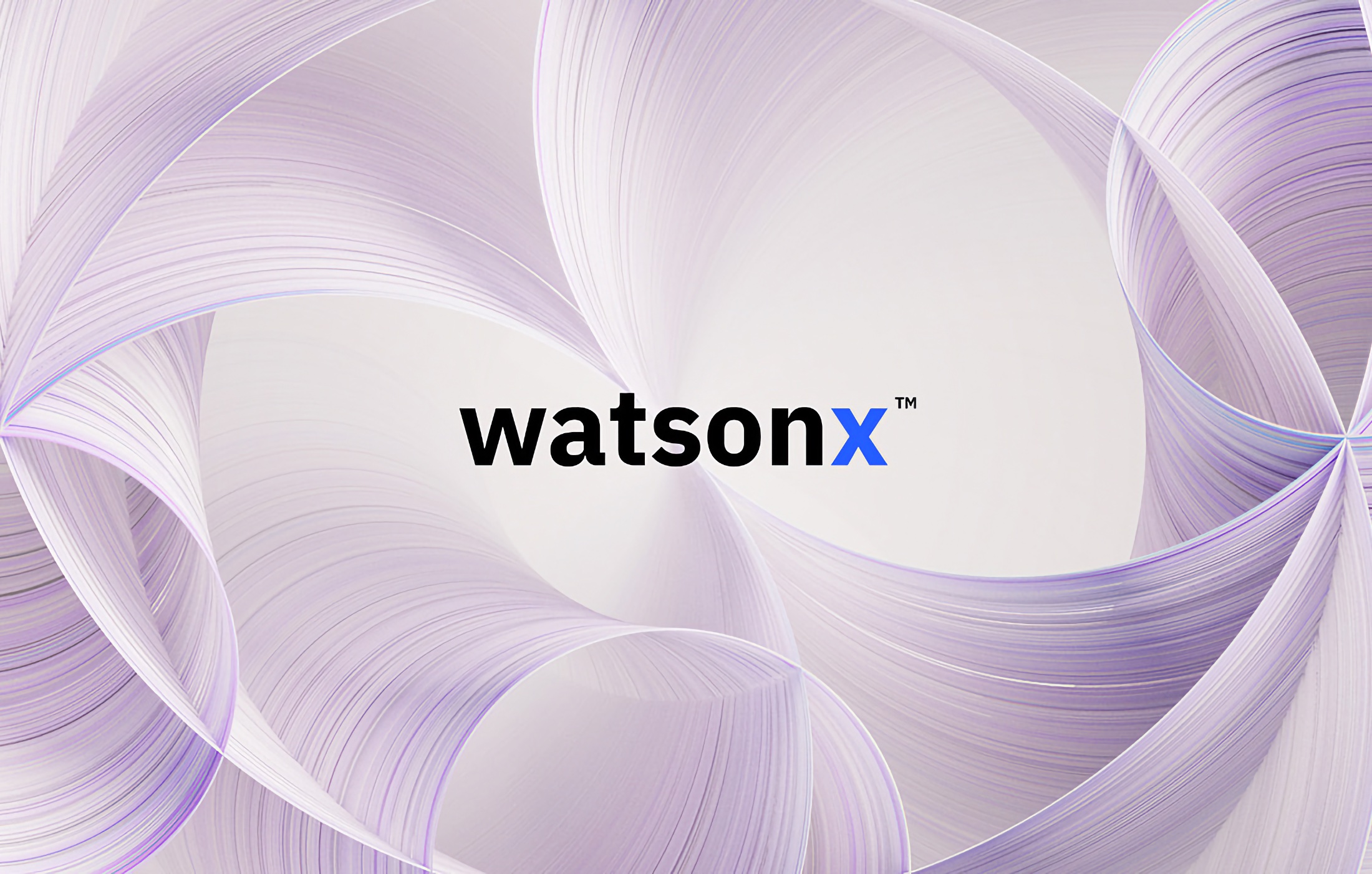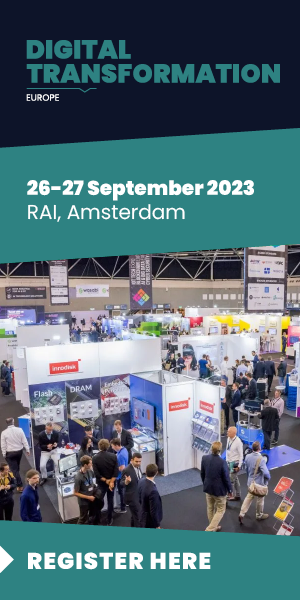
IBM has unveiled a generative AI-assisted product to accelerate the modernisation of mainframe applications.
‘Watsonx Code Assistant for Z‘ is the latest addition to the Watson Code Assistant product family. The solution – along with the upcoming IBM watsonx Code Assistant for Red Hat Ansible Lightspeed – is powered by IBM’s watsonx.ai code model.
Watsonx.ai boasts an impressive knowledge of 115 coding languages and has been trained on a staggering 1.5 trillion tokens. With 20 billion parameters, it stands to become one of the most extensive generative AI foundation models for code automation.
As part of the larger strategy, IBM says the Watson Code Assistant portfolio will expand over time to encompass various programming languages—addressing the evolving challenges faced by developers and accelerating modernisation efforts.
Watsonx Code Assistant for Z is tailor-made to assist businesses in harnessing the potential of generative AI and automated tooling to drive the modernisation of their mainframe applications. This endeavour is aimed at preserving the performance, security, and resiliency capabilities that IBM Z offers.
The COBOL language, which underpins numerous essential business processes globally, presents a prime opportunity for transformation. Utilising watsonx Code Assistant for Z, developers can selectively and incrementally translate COBOL business services into well-architected, high-quality Java code. This approach has the potential to impact billions of lines of COBOL code, facilitating targeted modernisation over time.
Generative AI offers a swifter way for developers to assess, update, validate, and test code, streamlining the modernisation process and allowing them to focus on higher-impact tasks.
The solution is designed to cover every step of the modernisation journey, featuring IBM’s Application Discovery and Delivery Intelligence (ADDI) inventory and analysis tool. The process includes refactoring COBOL business services, transforming COBOL code into optimised Java code, and thorough validation using automated testing capabilities.
Benefits include accelerated code development, increased developer productivity, efficient management of costs and complexity associated with modernisation initiatives, broader access to IT skills, and the achievement of high-quality, maintainable code through model customisation and the application of best practices.
Collaborators and industry experts have expressed their enthusiasm for IBM’s latest advancement.
Roger Burkhardt, CTO of Capital Markets and AI at Broadridge Financial, said:
“Our collaboration with IBM is an important element in our drive to leverage generative AI interfaces to challenge legacy approaches with material productivity gains and reinvent our Capital Markets solutions.
We have had excellent client response to our generative AI investments and we are intrigued by the opportunity to further our efforts by leveraging IBM watsonx Code Assistant for Z to address a broader range of platforms.”
IBM’s commitment to AI-assisted mainframe application modernisation aligns well with industry trends.
A recent study from the IBM Institute for Business Value highlights the preference for leveraging existing mainframe assets rather than starting from scratch. However, resource and skill shortages remain a top challenge.
Kareem Yusuf, PhD, SVP of Product Management and Growth at IBM Software, commented:
“By bringing generative AI capabilities through watsonx to new use cases, we plan to drive real progress for our clients.
IBM is engineering watsonx Code Assistant for Z to take a targeted and optimised approach. It’s built to rapidly and accurately convert code optimised for IBM Z, accelerate time to market, and broaden the skills pool.
This can help enhance applications and add new capabilities while preserving the performance, resiliency, and security inherent in IBM Z.”
This landmark achievement showcases IBM’s dedication to innovation, governance, and the careful integration of AI.
The resulting Java code from watsonx Code Assistant for Z is tailored for interoperability with COBOL applications, ensuring a seamless integration process. As AI and humans continue to collaborate in coding tasks, IBM’s approach aligns with Gartner’s forecast of AI-powered code generation tools reducing coding time by 30 percent by 2028.
Watsonx Code Assistant for Z is set to release in Q4 2023. A preview of the product is scheduled to take place during TechXchange on 11-13 September.
(Image Credit: IBM)
See also: Programming language Julia makes TIOBE Index top 20 debut

Want to learn more about AI and big data from industry leaders? Check out AI & Big Data Expo taking place in Amsterdam, California, and London. The comprehensive event is co-located with Digital Transformation Week.
Explore other upcoming enterprise technology events and webinars powered by TechForge here.







